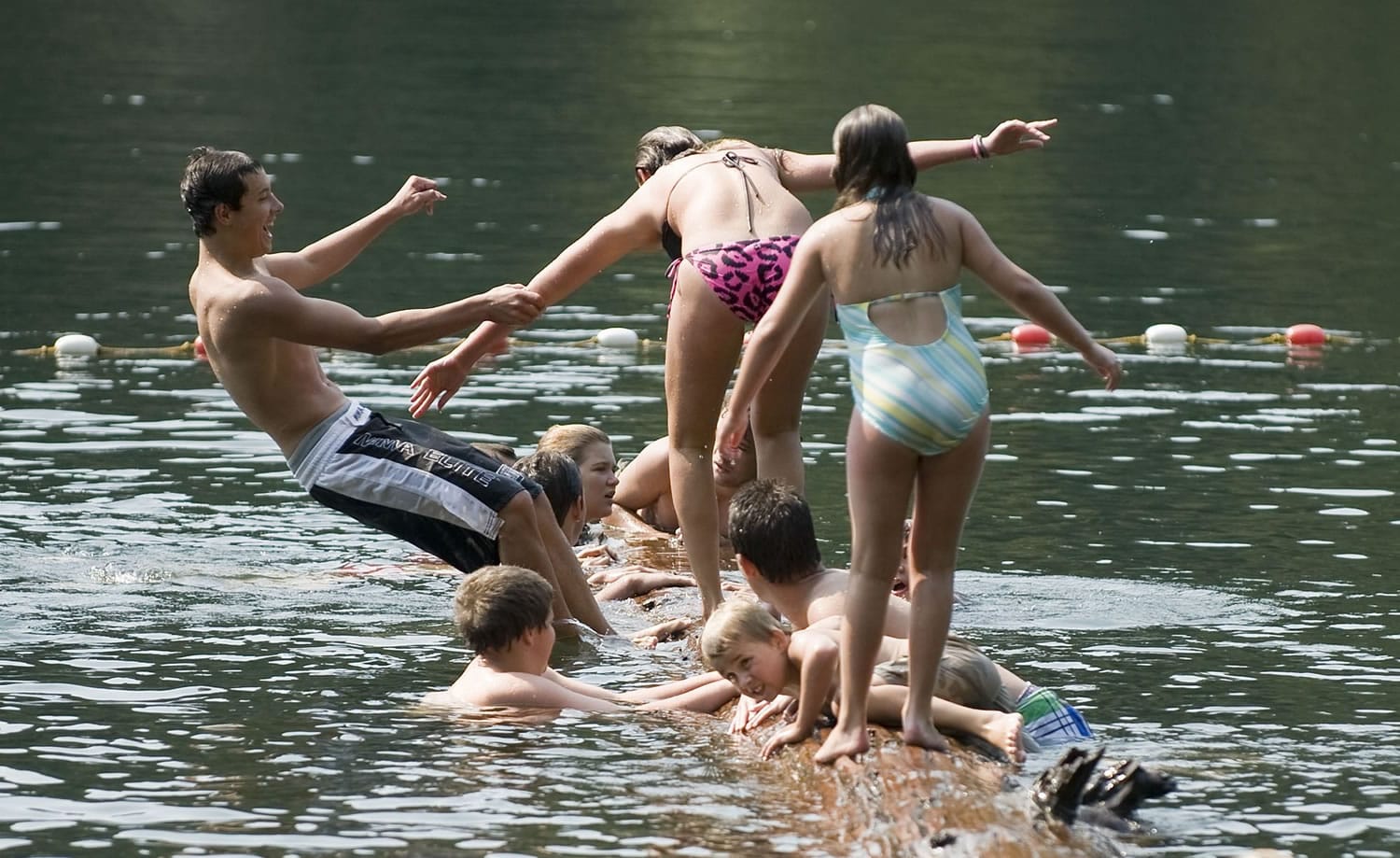Q: What are the warning signs of heat exhaustion and heat stroke?
A: Heat-related illnesses occur when your body can’t keep itself cool. Symptoms of heat exhaustion include headaches, heavy sweating, cold, moist skin or chills, dizziness or fainting, muscle cramps, a weak and rapid pulse, fast, shallow breathing and nausea, vomiting or both. If you experience these symptoms, it’s important to stop exercising and cool down immediately by dousing yourself with cold water and rehydrating. You may need to seek medical attention.
Heat stroke symptoms include warm, dry skin with no sweating, strong and rapid pulse, confusion and/or unconsciousness, high fever, throbbing headaches and nausea, vomiting or both. If you experience these symptoms, you should seek medical attention right away. If you’re a heart patient, older than 50 or overweight, you might need to take special precautions in the heat. Always check with your healthcare professional before starting an exercise routine. Also, certain heart medications can exaggerate the body’s response to heat.
Q: What is your most important summer safety tip?
A: When warm weather arrives in the Pacific Northwest, we flock to our rivers, lakes and pools. While we’re having fun, we need to remember water safety – especially when it comes to our children. Drowning is a leading cause of injury death for children ages 1 to 4 and knowing how to perform cardiopulmonary resuscitation (CPR) is one of the most important things you can learn. Immediate CPR can help a child stay alive and reduce the chance of brain damage. Parents and other caregivers can visit www.Heart.org/CPR or call 877-242-4CPR (4277) to find a class near you.
o CDC’s Protect the Ones You Love Initiative
o MOXIE CPR Training Center – 17728 SE 17th Way, Vancouver
360-256-1330 or moxiecpr.@aol.com



